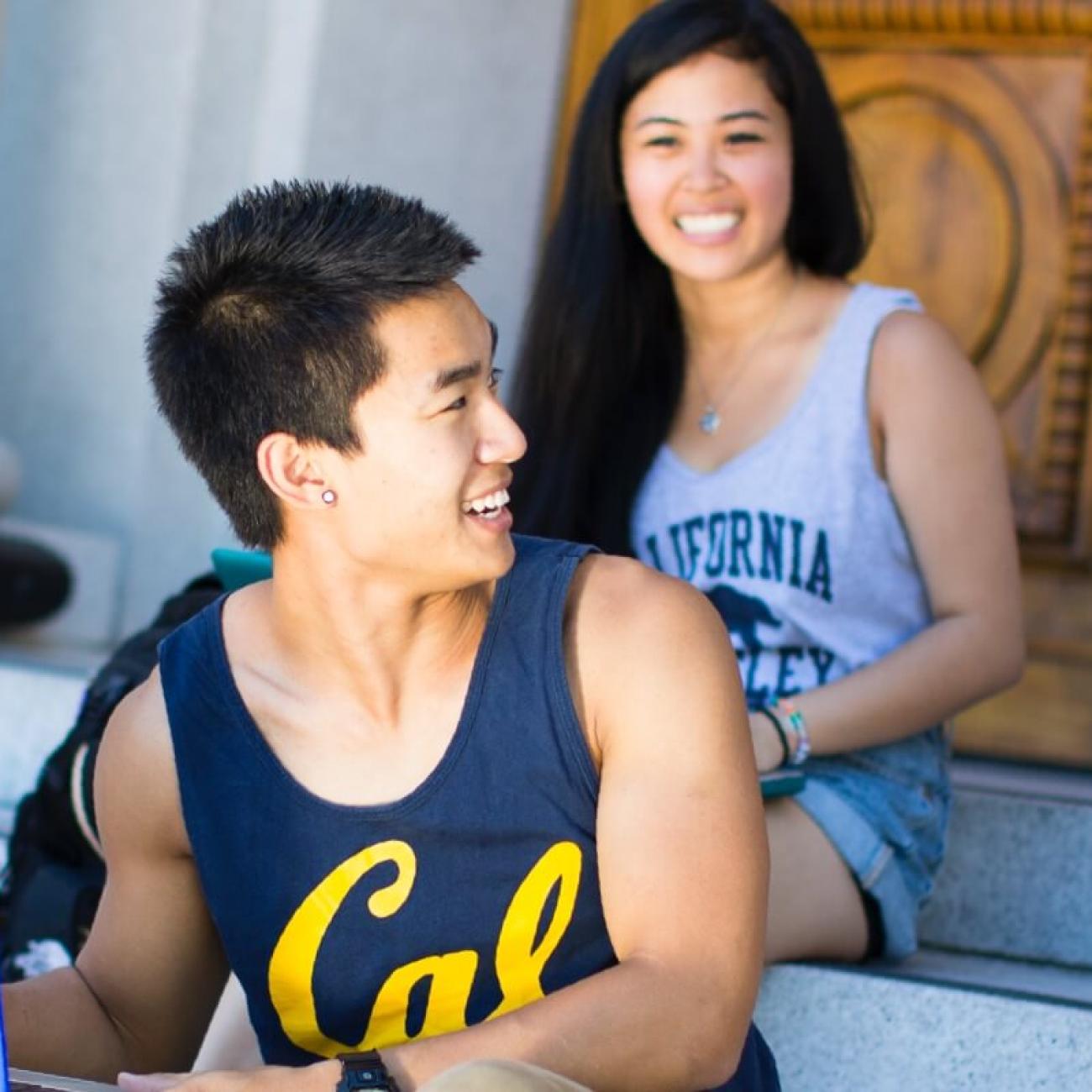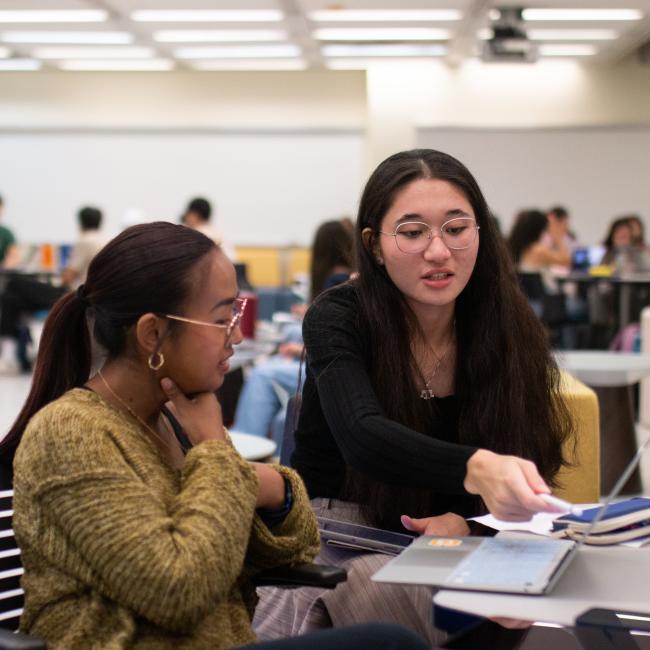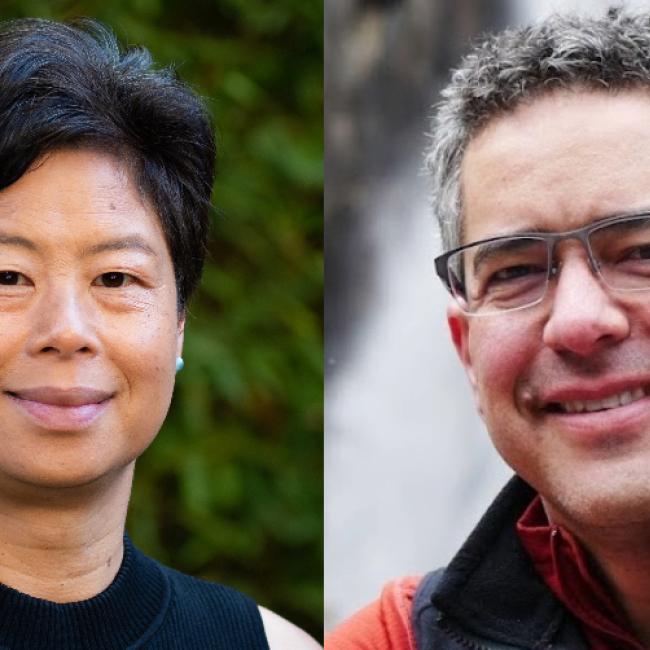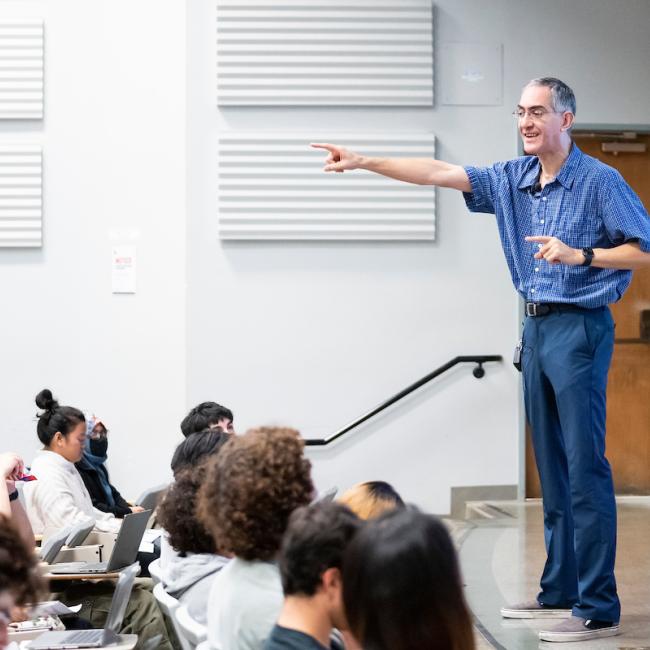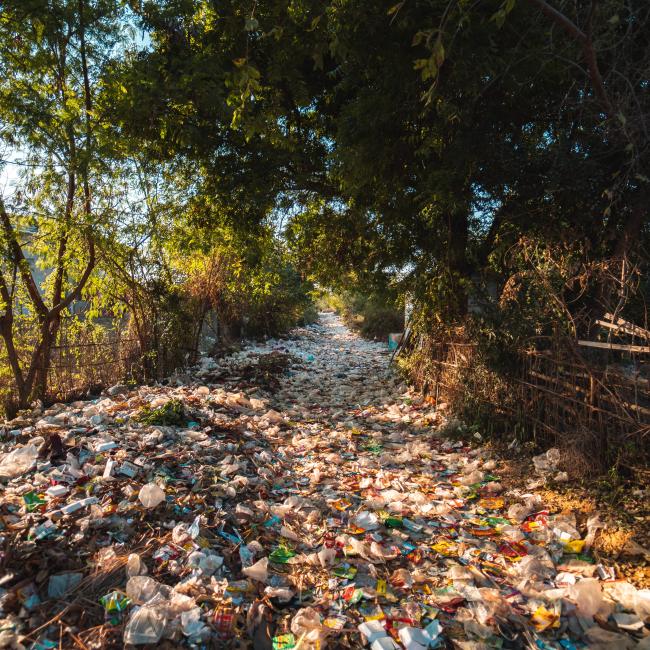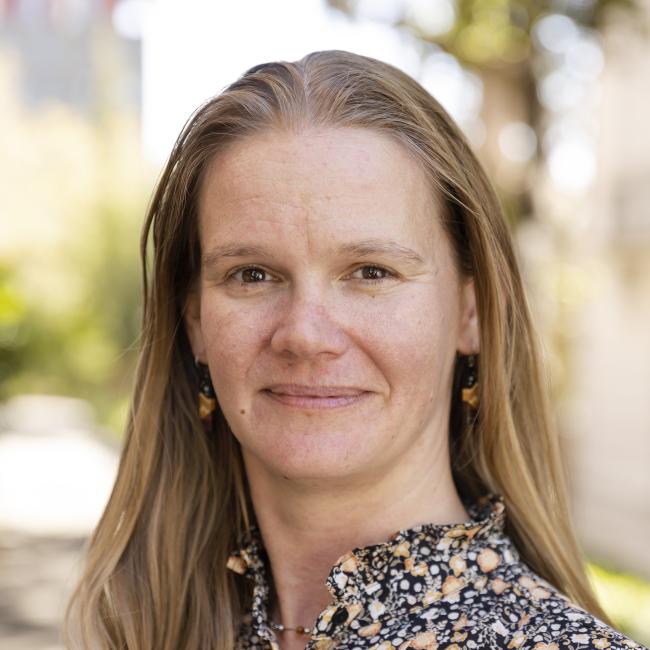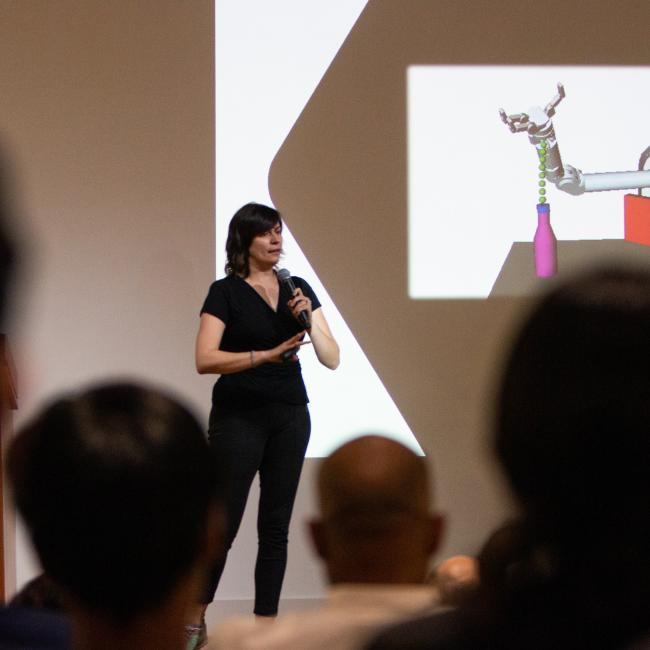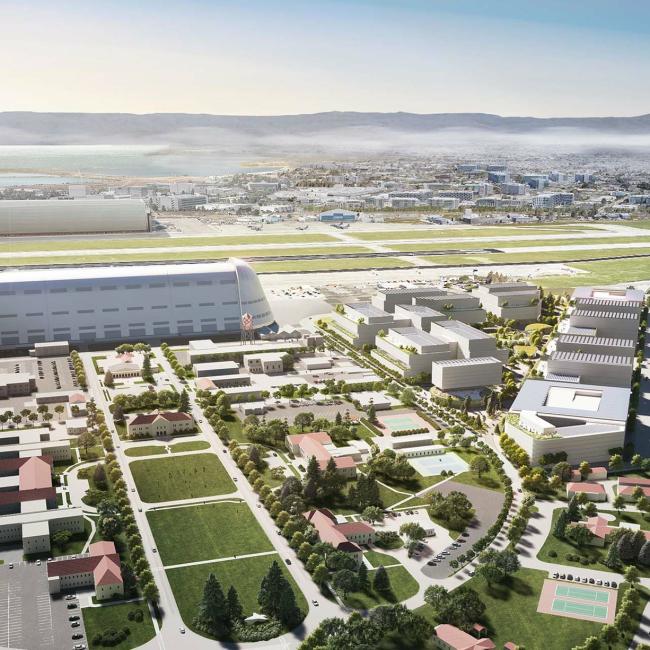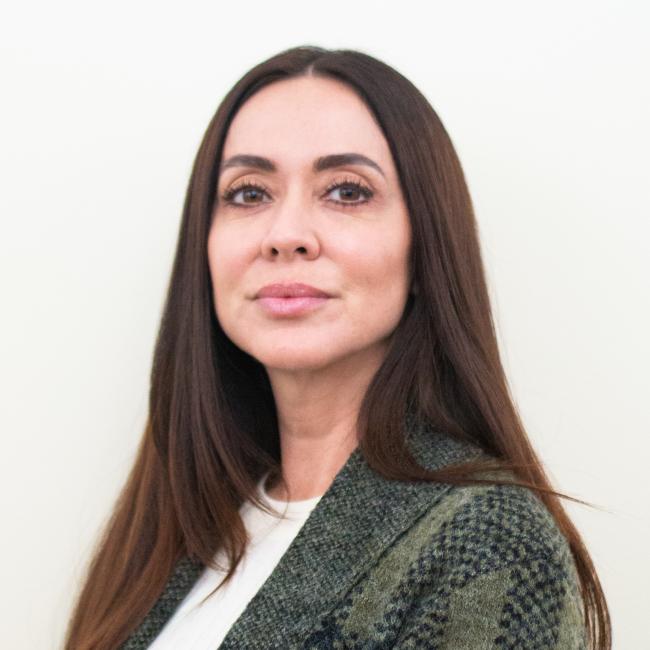Dean’s Fund supports data science innovation that benefits society
UC Berkeley’s first new college in more than 50 years has launched a fund to support innovation in computing, data science and statistics that will benefit society. Contributions secured by the College of Computing, Data Science, and Society (CDSS) Dean’s Innovation Fund will advance data science education and research in line with the vision of Jennifer Chayes, dean of the new college. The college’s mission is to educate the next generation of ethical, excellent data leaders; to execute cutting-edge research; to found new, interdisciplinary fields at the interface of computing, data science and statistics with other disciplines; and to harness these efforts to help address society’s most pressing challenges like climate change and healthcare.
Berkeley launches Agile Metabolic Health and open platforms initiative
Agile Metabolic Health aims to revolutionize the patient experience for millions of people with diabetes, catalyzing a new frontier of open-source, data-driven personalized healthcare. This initial project could help the more than 38 million Americans who are diagnosed with diabetes. But the college’s vision is much bigger. It aims to do much more than improve diabetes care. What the college is building in partnership with developers from Project Jupyter, the 2i2c organization and The Commons Project is a platform to revolutionize the entire health ecosystem.
Making the grade: EECS professors develop ‘A’s for All’ pilot
There’s a quote attributed to Stephen McCranie that makes the rounds on social media every now and then: “The master has failed more times than the beginner has even tried.” The idea is that the learning process demands failure. That’s what the grading system known as “mastery learning” seeks to facilitate: a process that gives students more room to learn from their mistakes. Students advance through topics only after they master the material for each one, with the aim of achieving thorough proficiency in the subject. Armando Fox and Dan Garcia, professors of electrical engineering and computer sciences (EECS), are behind UC Berkeley’s pilot run, an endeavor they’ve dubbed “A’s for All (as Time and Interest Allow).” “I'm not giving away free A’s,” Garcia said. “The whole point of what I'm doing is not grade inflation. It's exactly the opposite: I'm holding the A bar locked.”
Data Science Discovery program helps turn heat wave theory into algorithm
A heat wave two years ago in the Pacific Northwest made headlines, breaking temperature records and earning the description “historic and dangerous” by the National Weather Service. It made two UC Berkeley scientists ask: How hot could it possibly get? They answered the question with a new theory: how hot the surface temperature can get is linked to how hot it is five or six kilometers above the surface. With the help of a student from Berkeley’s Data Science Discovery Program, the researchers are turning their theory into an effective algorithm to help better predict these extreme heat events and protect the public.
New global plastic policy tool illustrates data science center’s approach
Sam Pottinger spent years turning the latest advances in artificial intelligence and machine learning into models and dashboards that supported decision-making at Silicon Valley technology companies. At UC Berkeley, he's building those kinds of tools to turn quality environmental science into accessible, actionable information. That's the idea behind the new Global Plastic Policy Tool, an open-source, interactive model where users can explore regionalized data about the production, use and fate of plastic and the effectiveness of potential policies world leaders could use to eradicate related pollution. Working with plastic experts at UC Santa Barbara, Pottinger and others from Berkeley's Eric and Wendy Schmidt Center for Data Science and Environment harnessed cutting-edge technology to make the expected impact of international policy on plastic pollution understandable and useful to global officials as they work to eliminate it by 2040.
How to use AI for discovery — without leading science astray
Over the past decade, AI has permeated nearly every corner of science: Machine learning models have been used to predict protein structures, estimate the fraction of the Amazon rainforest that has been lost to deforestation and even classify faraway galaxies that might be home to exoplanets. But while AI can be used to speed scientific discovery — helping researchers make predictions about phenomena that may be difficult or costly to study in the real world — it can also lead scientists astray. In the same way that chatbots sometimes “hallucinate,” or make things up, machine learning models can sometimes present misleading or downright false results. In a paper published online today in Science, researchers at the University of California, Berkeley, present a new statistical technique for safely using the predictions obtained from machine learning models to test scientific hypotheses.
Catherine Browning joins CDSS as Assistant Dean of Educational Programs
Catherine Cronquist Browning has been named assistant dean of educational programs and new initiatives at UC Berkeley’s College of Computing, Data Science, and Society (CDSS). She started Nov. 1 in the newly created role, drawing on 18 years of relevant experience at Berkeley. “I’ve been a lecturer, a graduate student and a staff member on campus. I’ve been in a central campus unit, a graduate professional school and the humanities division,” said Browning. “I’ve benefited from lots of different roles and positionalities at Berkeley. I think that provides empathy for various perspectives and objectives, and consideration of how to bring different stakeholders together in a way that feels like their needs are being met and served.” Browning will lead college-wide planning and implementation for educational programs at CDSS, articulating a strategic vision for the future of its instruction.
Want to improve AI safety? Teach robots to ask humans what they want
Want to make artificial intelligence systems safe? Design robots to continually ask and learn what humans want, a UC Berkeley expert said during a recent lecture. These robots would defer to humans, looking for and acting on people’s feedback, described Anca Dragan. To succeed in developing safe systems, we must better emulate how humans behave, consider how different people’s values intersect in AI and assess the impact these systems will have on those values. “Every problem is an assistance problem,” Dragan, an associate professor in Berkeley’s Department of Electrical Engineering and Computer Sciences (EECS), said in the Oct. 6 lecture. “It all comes down to understanding humans better from a computational perspective.”
Berkeley Space Center at NASA Ames to become innovation hub for new aviation, space technology
The University of California, Berkeley, is teaming up with NASA's Ames Research Center and developer SKS Partners to create research space for companies interested in collaborating with UC Berkeley and NASA scientists and engineers to generate futuristic innovations in aviation, space exploration and how we live and work in space. The Berkeley Space Center, announced today (Monday, Oct. 16), aims to accommodate up to 1.4 million square feet of research space on 36 acres of land at NASA Ames' Moffett Field in Mountain View, leased from NASA. The new buildings, some of which could be ready for move-in as early as 2027, will house not only state-of-the-art research and development laboratories for companies and UC Berkeley researchers, but also classrooms for UC Berkeley students. These students will benefit from immersion in the Silicon Valley start-up culture and proximity to the nation's top aeronautical, space and AI scientists and engineers at Ames.
Thao Thompson joins CDSS as Chief Administrative Officer
Thao Thompson has recently been appointed chief administrative officer and assistant dean for administration at UC Berkeley’s College of Computing, Data Science, and Society (CDSS). She started in the role on Oct. 9. Thompson will lead CDSS administration by providing guidance and decision-making on behalf of the college in matters related to strategic planning, policy development, resources, and organizational and program development.

